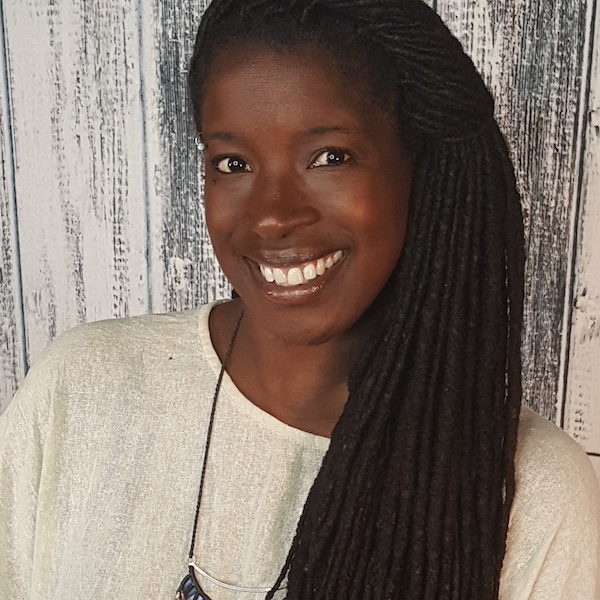Interview with Pandora Thomas

In this 2015 interview, Pandora shared her insights on many compelling topics that are still super relevant, including:
- Standing in the value of your cutting-edge perspectives and skill-sets in this time of ferment
- The vital importance of building skills in social permaculture
- Building capacity and supporting the leadership of diverse communities
- Cultural competence and building transformative relationships in permaculture
- Cultivating resilience and self-care in your professional life
- How to make permaculture more “relevant”
- The many forms of abundance
- Why saying “no” to some opportunities is saying “yes” to what we want truly desire
- Practical tips for pricing your services and projecting your income streams
More about the Speaker:
Pandora Thomas is an in-demand entrepreneur, social entrepreneur, eco-preneur and permapreneur—see her schedule of upcoming teaching and speaking engagements here.
Her most recent projects include The Peoples' Plan: Designing Our Cities With Permaculture, co-founding the Black Permaculture Network, working with Toyota to design and serving as a coalition member of the Toyota Green Initiative, which supports African Americans in understanding the benefits of adopting sustainable lifestyles and co-designing, teaching with and directing Pathways to Resilience—a permaculture and social entrepreneur training program that worked with men and women returning home after incarceration.
The past interviews were conducted back when I was piloting my programs with the word "Thrivelihood."
What’s A Thrivelihood?
When I interviewed Jeanine Carlson for my “Pattern Language for Women in Permaculture” article, she explained a model for embedding high-quality, nature-based child care into permaculture courses so that more women and families could attend.
The solution was to see the young ones as precious assets to the learning community, and to have that be the core of the business model.
As a result, the teaching staff included licensed childcare professionals. During morning sessions, the kids and adults learned separately–the children in outdoor adventures. Lunch was a community affair, and the afternoons were hands-on applications of permaculture for the entire group. The outcomes were happy families, more women teaching and learning, and the entire learning experience was richer for everyone because of the intergenerational relationships.
This model “re-values” the caring work and weaving work–that’s often done by women, for little or no pay. Jeanine emphasized that this work shouldn’t go unpaid, and women shouldn’t just eke out a living, they should be thriving in this work—she said “we even call it a thrivelihood!”
That word encapsulated for me an audacious and timely vision that so many of us share—one of people doing the regenerative work they love; having ample time to recharge and connect with Beloveds, and standing in the value of their contributions towards an abundant future for all.
Since then, the women I've worked with have emphasized over and over that they want to understand how to harness the tools of entrepreneurship in service to co-creating our regenerative future, so I've transitioned to using the term Regenepreneurs.
